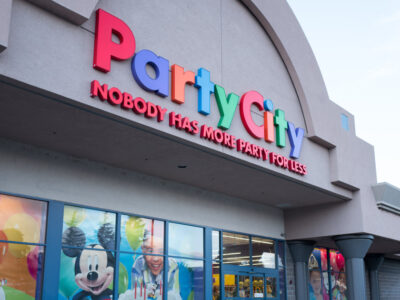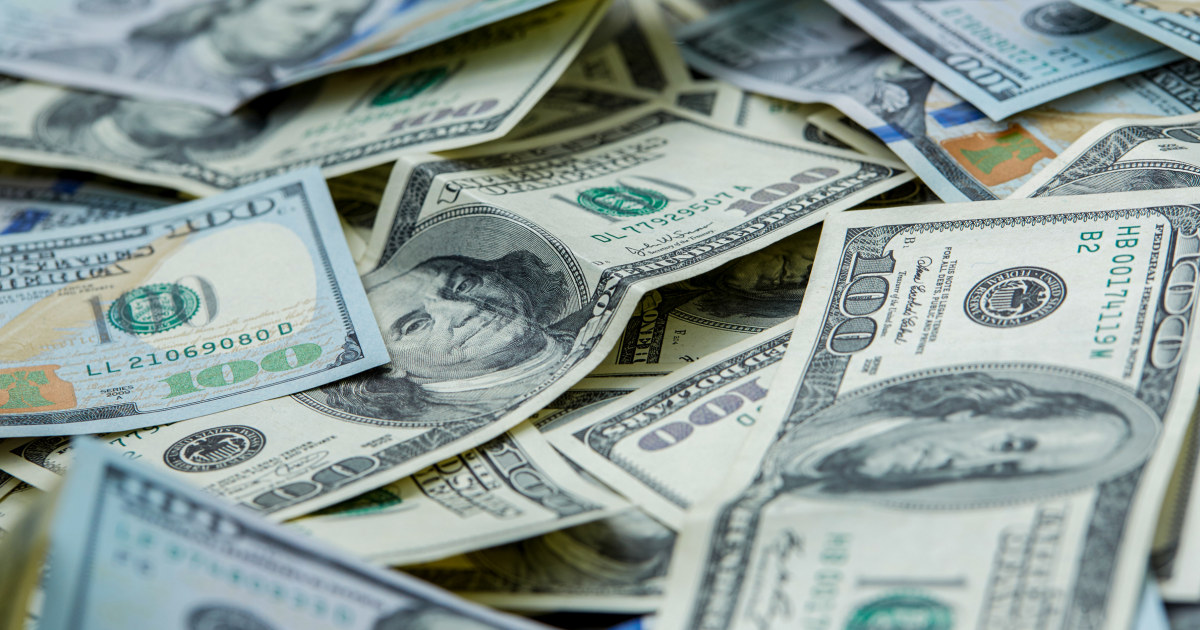
Traveling for the holidays this year? The answer increasingly depends on your paycheck.
Households earning at least six figures a year are expected to make up the largest share of holiday travelers this season — 45%, up from 38% in 2023, according to a recent survey by the consulting firm Deloitte. And they’re on track to make up a majority of paid lodging customers, expanding their ranks as hotel guests from 43% last season to 52% now.
“Travelers are looking to invest in upgrades and experiences that will make the holiday memorable,” said Kate Ferrara, vice chair for U.S. transportation, hospitality and services at Deloitte.
But that’s partly a reflection of who’s traveling in the first place.
While richer people are expanding their footprint in the holiday travel mix, lower-paid ones are shrinking theirs: Households making under $50,000 are set to make up just 23% of travelers, down from 28% a year ago, Deloitte found. (The median U.S. income was about $80,600 a year, according to the latest Census data.)
It’s another sign of what Jan Freitag, national director for hospitality market analytics at the real-estate data firm CoStar, calls the “wealth effect” rippling across the consumer economy.
“Continued higher stock and home prices make higher-end households ‘feel’ wealthier,” he said, “and so they are taking this festive season as another reason to treat themselves.” The trend helps explain why racial disparities in net worth have widened during the recovery from the pandemic, even as certain income gaps have narrowed.
It also helps explain why airlines and hotel operators have wasted no time chasing affluent customers’ disposable dollars — dangling an ever-expanding slate of luxury packages and prompts to upgrade, which have become unmissable for anyone booking a trip in recent years.
Travel brands have “done a great job since Covid of attracting these types of customers by adapting their products to this ‘premium leisure’ segment,” said Jonathan Kletzel, a travel, transportation and logistics leader for the auditing firm PwC.
Indeed, the luxury travel network Virtuoso said it’s seen seasonal bookings surge 37% since last year among its high-end clientele. Nightly rates for ritzy hotels during the holidays are up 6%, at just over $2,000 per night. Some of the most popular holiday destinations, including high-end resorts in Mexico and the Caribbean, have risen even more steeply — by about 8%, with rooms now going for over $3,000 a night.
Domestic airfares for the week of Christmas this year are averaging $352 round-trip, 9% more than last year, according to the booking site Hopper. And round-trip tickets to Europe for the week of Christmas are averaging $1,207, a whopping 33% jump from last year.
It isn’t just the ultrarich splashing out on top-tier travel and driving up prices for everyone else. Consumers overall “are more willing to pull back on goods than on experiences,” said Misty Belles, vice president for global public relations at Virtuoso. But even while they prioritize things like travel, many consumers “are also looking for value for money, and they fully expect service levels to reflect the prices they’re paying,” she added.
That’s true across income levels and far beyond the hospitality industry. Shoppers continue to flock toward retailers where they feel they’ll get the best bang for their buck, and an intensifying competition on price is driving Black Friday and Cyber Monday discounts this week.
But while post-pandemic travel demand continues to rise, many are finding ways to venture out without spending more.
Some 64% of Americans plan to take more than one trip this holiday season, Deloitte found, up from 57% in 2023. And 28% plan to significantly increase their budgets for their longest trip, up from just 18% last year. At the same time, PwC found a big jump in travelers planning to stay with family and friends over the holidays — 56% this year versus 45% last — and falling interest in booking name-brand hotels (39%, down from 46%).
“These travel choices may suggest that people are looking to save money, likely choosing cheaper options to keep their travel costs down,” the researchers wrote.
Ted Rossman, senior industry analyst for Bankrate, said there are signs that “inflation continues to strain holiday travelers in a big way.” The consumer finance company found 86% of households making less than $100,000 annually expect to change their holiday travel plans due to cost increases (although a hefty 77% of six-figure earners said the same).
Bankrate found 29% of travers expect to take on debt to fund their travels this season. That includes 22% who plan to carry a credit card balance, and 10% who plan to use “buy now, pay later” services.
“They don’t want to skip the trip entirely, but they’re willing to cut some corners to save money,” said Rossman.















